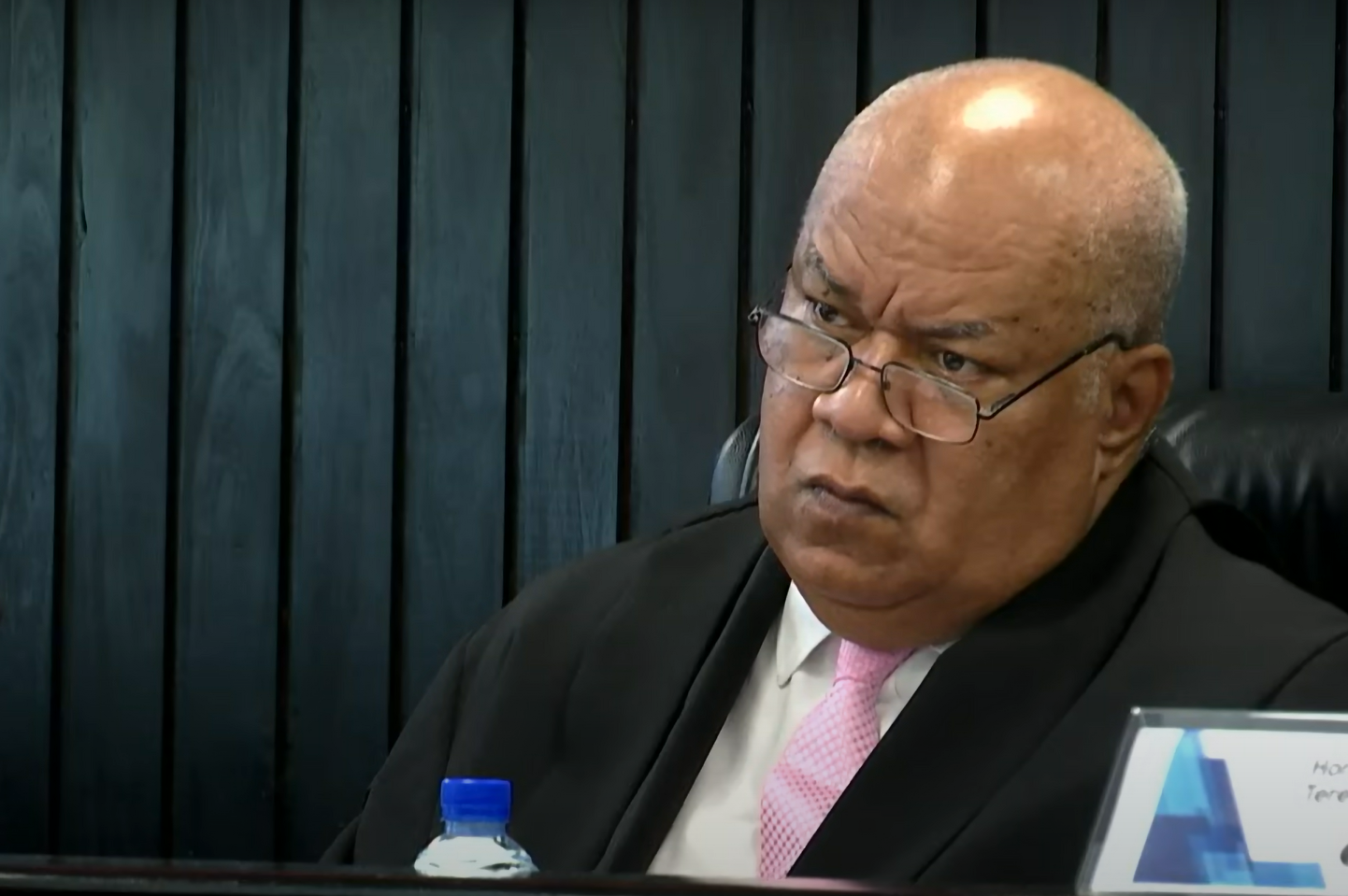Australian barrister Bret Walker has argued before the Supreme Court of Fiji that the 2013 Constitution’s so-called “double entrenchment” provisions may be incompatible with core democratic principles, describing them as unduly restrictive and lacking democratic legitimacy.
He was referring the provisions in the Constitution that warranted a two-third majority MP’s support changes to the constitution followed by a referundum.
“When I say prohibited, the Constitution says, and you can’t alter that prohibition,” he said.
He described this as a double entrenchment, a constitutional mechanism designed to make certain clauses unchangeable, or nearly so.
“These are obstacles designed in such a way that cannot live with the democratic nature of such a constitution,” he said.
“The experience in Fiji has always been two-thirds. Why three-quarters on this occasion?”
He argued that the increase in the amendment threshold to three-quarters of Parliament had no clear connection to other constitutional provisions and appeared arbitrary.
Mr Walker also compared the 2013 Constitution’s final form with the more participatory process led by the Yash Ghai Constitutional Commission, which had recommended against a referendum and was ultimately sidelined.
“There hasn’t been a referendum in this country,” he said.
“And some might say parliaments cost a lot too, but to add a referendum to Parliament as a barrier to change is not something to be done lightly.”
Mr Walker submitted that the three-quarters amendment requirement was viewed by many at the time of drafting as a deliberate obstacle to constitutional change.
“A three quarters referendum was just obviously intended as an obstacle. And so we submit.”
The hearing continues before the full bench of the Supreme Court, with interventions expected from political parties, civil society organizations, and legal institutions.

